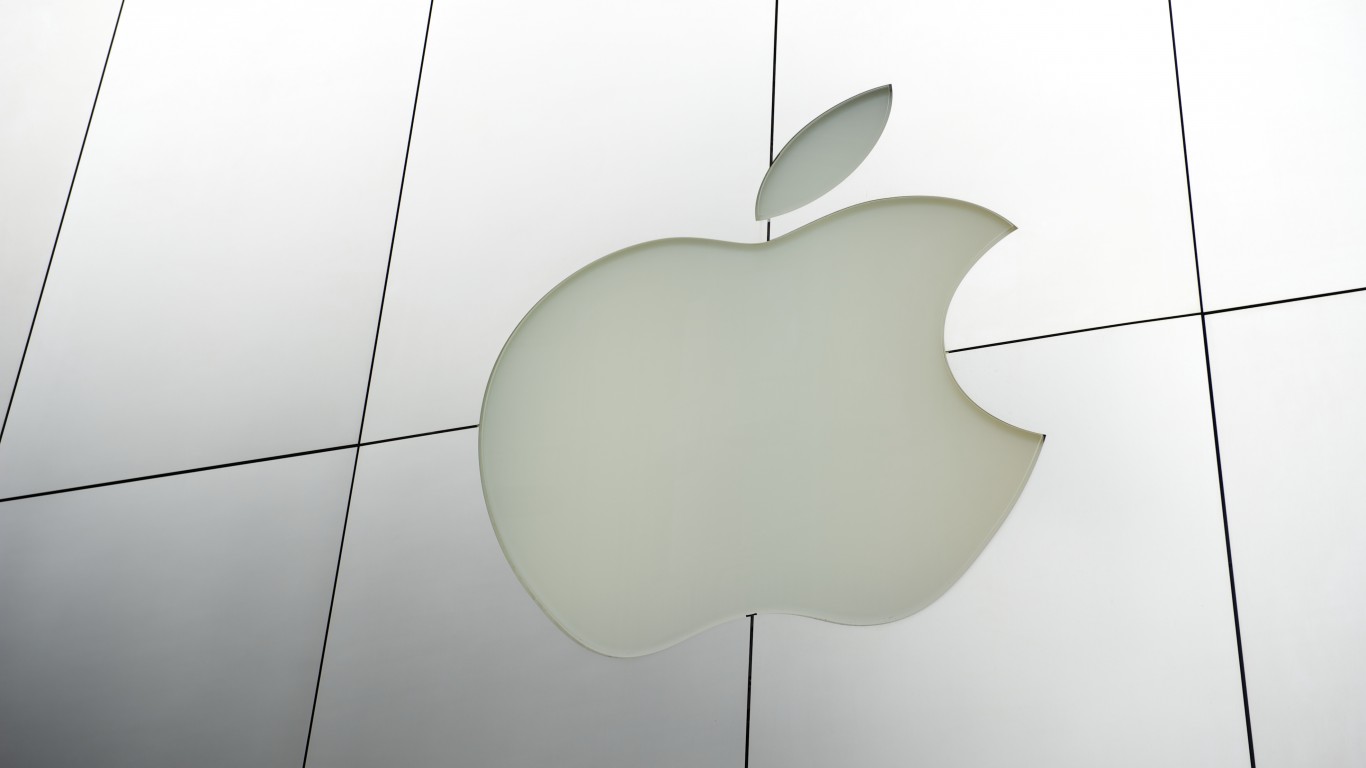
Companies have moved in and out of the $1 trillion market cap club since Apple Inc. (NASDAQ: AAPL) created it in August 2018. Despite a stock market that has crashed and partially come back, three companies have shares that trade so that their values are above the $1 trillion level: Apple, Amazon and Microsoft.
It is easy to see why Amazon.com Inc. (NASDAQ: AMZN) is among the three. Its e-commerce success is driven by the need for goods that people cannot shop for in stores since so many stores have closed. Much of its competition has been plowed under by the current and deepening recession. This includes Macy’s, Nordstrom and Gap, along with hundreds of smaller retailers. Amazon says it plans to add 100,000 workers. Some of these will be replacements for workers who have had to leave Amazon facilities because of illness. Many workers have insisted the world’s largest online store add measures to protect them.
Amazon will add to its American retail market share over the next several months. Amazon’s Prime subscription service gives shut-in Americans hundreds of films and TV shows to watch. This means Prime membership is growing. The company’s market cap is $1.18 trillion so far.
Microsoft Corp.’s (NASDAQ: MSFT) cloud computing business has begun to rival Amazon’s in size. The public cloud computing business worldwide represents a market valued at nearly $225 billion. Microsoft’s server software dominated that sector, and its operating system powers almost all non-Apple personal computers, laptops and tablets. It has a robust hardware business driven by tablet and Xbox sales. Its search engine, Bing, is one of the largest in the world. The company’s market cap is $1.36 billion.
The company that may have the most significant risk of a drop below $1 trillion is Apple. It still sells tens of millions of iPhones a year. However, the downturn in the global economy has shut Apple’s physical stores and those of many of its partners, notably AT&T and Verizon. The expanding recession also makes it less likely that consumers around the world will have income for discretionary spending.
Recent research shows Apple’s iPhone sales in China may have dropped by a third in the past month. iPhones are advanced enough that consumers may not readily buy new models. Apple’s Mac, smartwatch and services businesses cannot fill in hole created by a large decline in iPhone sales. Apple’s current market cap is $1.23 trillion.
While none of these three companies is immune from a cratered economy, each already has shown that parts of its business are essential to the economy. That means their market values will stay high.
Thank you for reading! Have some feedback for us?
Contact the 24/7 Wall St. editorial team.



